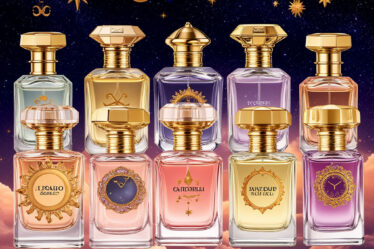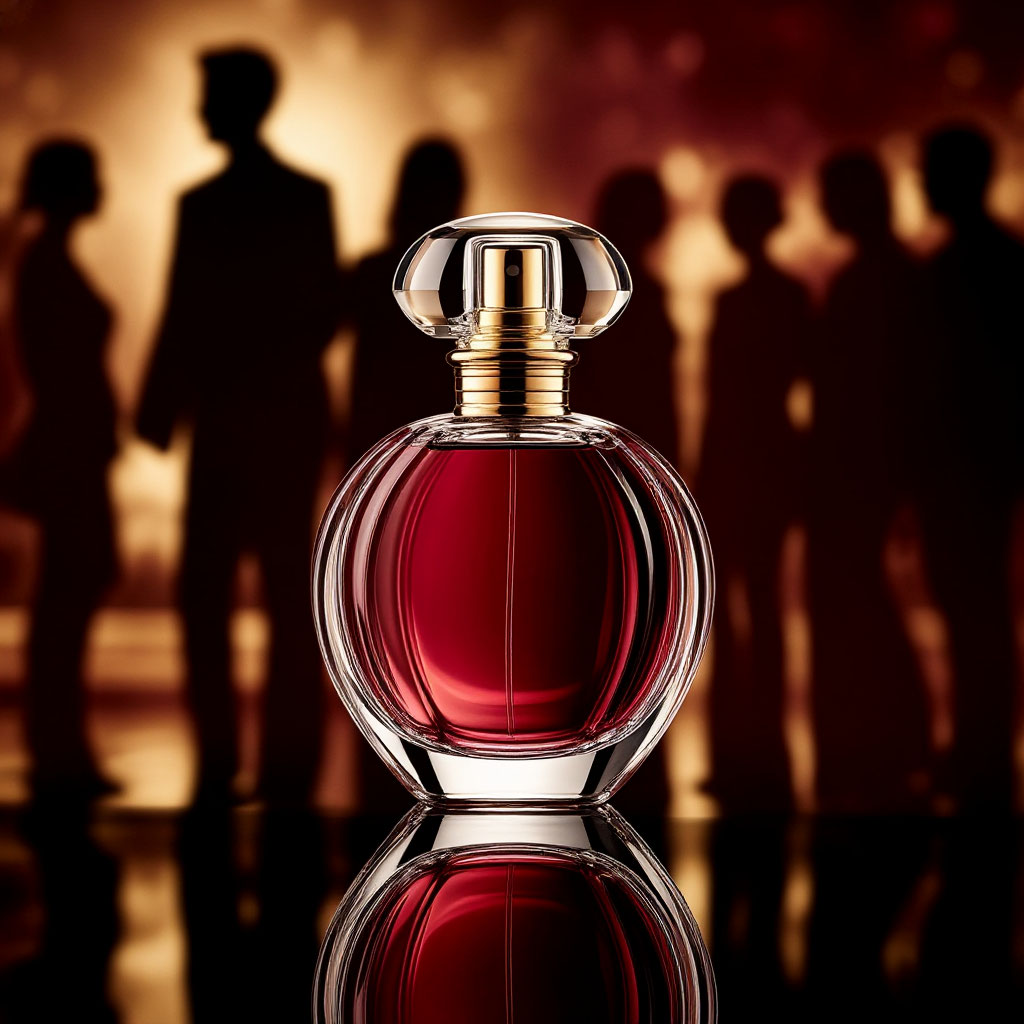
The choice of perfume is not just a matter of taste, but a kind of message to the world. What do spirits say about a person? A fragrance can reveal your temperament, emotional state, and even life priorities. Some prefer powerful woody notes, emphasizing strength and determination, while others choose delicate floral chords, betraying a romantic nature. The psychology of scents shows that scents affect not only those around us, but also our own perception of ourselves. How to choose a perfume that will become your business card?
What does your scent say about you? We prepared a Beauty Club mini-brochure that links fragrance families to personality vibes, shows when each style shines, and explains sillage & longevity in plain language. You’ll find a PDF download at the end of this article to save and print.
Psychology of scents: what do spirits say about a person
Perfume is not just a pleasant trail, but a mirror of the soul. What do spirits say about a person? They can tell you about his confidence, dreaminess, or hidden emotions. Scientists have long proved that the choice of fragrance is closely related to psychological characteristics. Some tend towards rich woody notes, while others tend towards light citrus notes. And this is not an accident, but a reflection of the inner world.

Character by Fragrance: Why do we choose certain scents?
Your favorite perfume is rarely a spontaneous purchase. Subconsciously, a person is looking for a smell that resonates with his nature. A penchant for sweet vanilla notes can indicate softness and sensuality. Sharp leather or tobacco accents are often chosen by those who value strength and independence.
The psychology of smell explains that the sense of smell is directly related to the limbic system of the brain, which is responsible for emotions and memory. This is why fragrance can influence the perception of the individual by others.
Meaning of scents: How does a smell form an impression?
The first impression is formed not only from the appearance, but also from the train of perfume. Light floral compositions are associated with openness and friendliness. Thick oriental notes create an aura of mystery. Choosing a perfume is a way to communicate without words. For example, a person who prefers fresh sea chords subconsciously strives for freedom and lightness. Someone who wears a spicy perfume often has a passionate and energetic disposition.

Can I change the image using smell?
Scents help not only to express, but also to correct the image. If you want to add confidence, you should pay attention to perfume with patchouli or benzoin. To create a romantic mood, jasmine or violet are suitable. The psychology of smell confirms that by changing perfumes, you can influence your own state and how others see us. Try to find a balance between your personal preferences and the desired effect.
What do spirits say about a person? They reveal what is sometimes hidden behind words. Shades of perfume reflect temperament, aspirations and emotions. Knowing the meaning of scents, you can not only better understand yourself, but also consciously form the right impression.
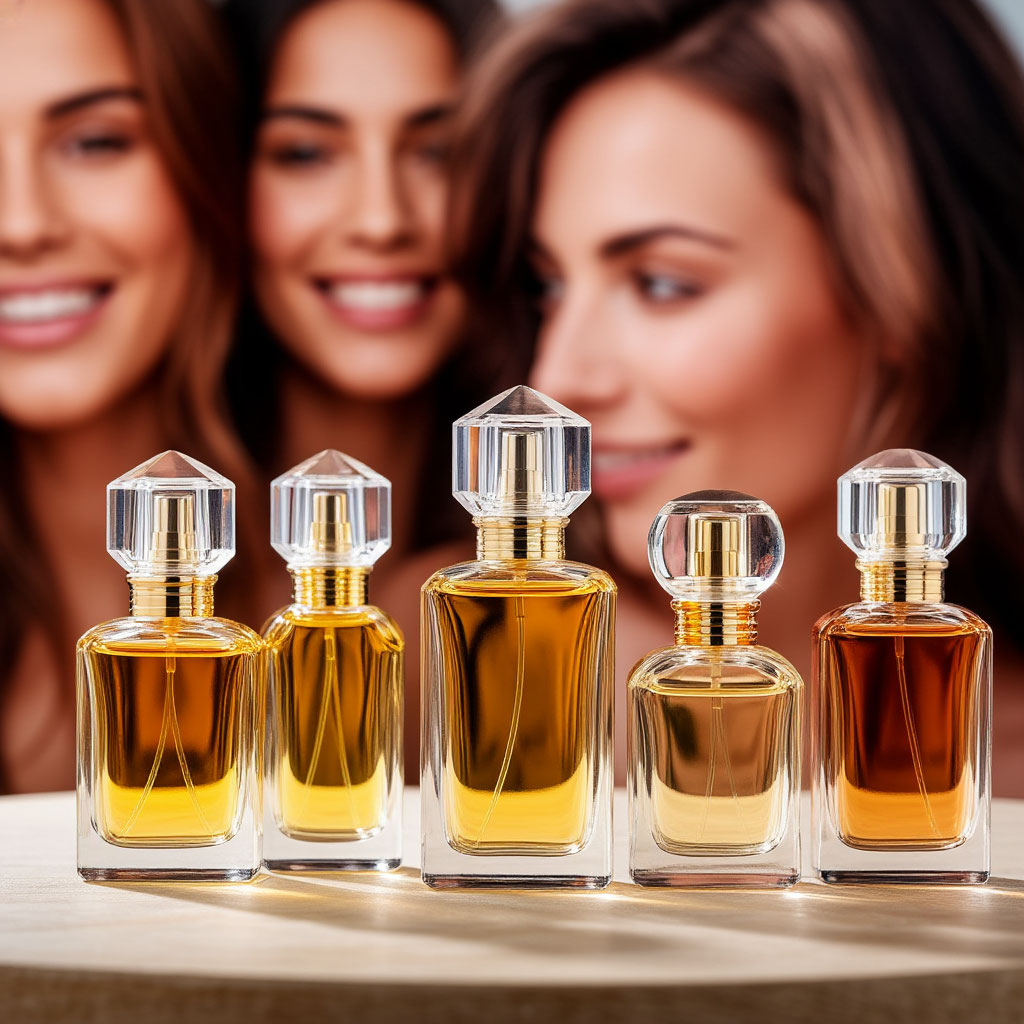
Scents and temperament: how character determines the choice of perfume
Each person has a unique combination of qualities that manifest themselves in the choice of smells. What do spirits say about a person? Often they reflect his natural temperament. Choleric, sanguine, phlegmatic and melancholic people subconsciously gravitate to different aromatic compositions. This pattern is explained by the psychology of smell, which links emotional features with olfactory preferences.

How does temperament affect the choice of perfume?
Choleric people are energetic and passionate natures:
- spicy compositions with pepper and ginger;
- woody notes with patchouli and sandalwood;
- tobacco and leather notes to create a spectacular trail.
Sanguine people: ease and versatility
Optimistic and sociable natures prefer fresh, fruity and floral compositions. Citrus notes, marine motifs and light floral bouquets are their element. The importance of scents for sanguine people lies in their ability to convey openness and cheerfulness. They rarely stop at one perfume, because their mood changes as often as the choice of perfume.
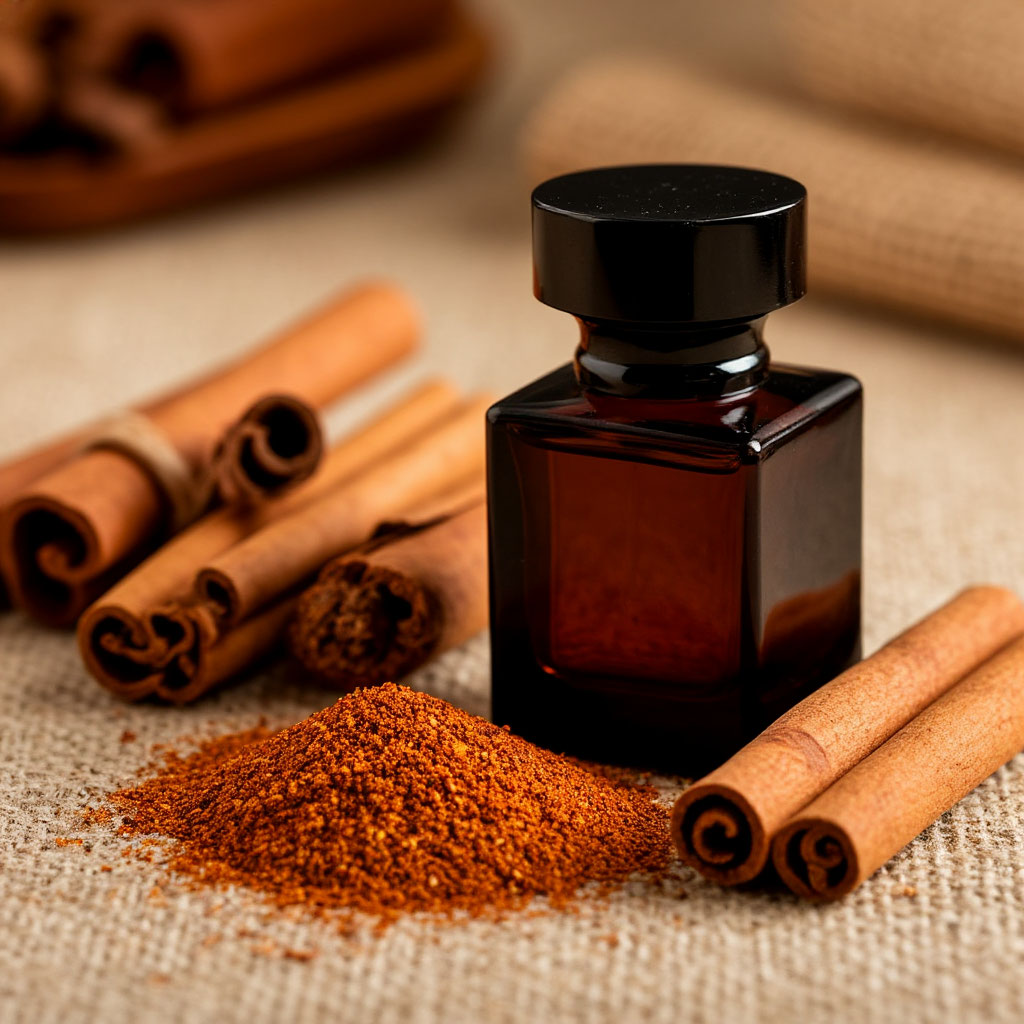
Phlegmatics: harmony and depth
Calm and balanced people are prone to complex, noble smells. the notes perfectly match their inner rhythm:
- woody notes,
- musky notes,
- oriental compositions .
Choosing a phlegmatic perfume is a story of stability and refinement. They do not value momentary showiness, but a noble sound that is revealed gradually.
Melancholics: subtlety and sensuality
Sensitive people often choose soft, sweet or powdery scents. Violet, iris, vanilla — these notes create a sense of comfort and security. The psychology of smell explains: melancholic people need emotional security, which is given by gentle, enveloping compositions. Their perfume does not scream, but whispers, leaving a barely perceptible, but memorable trace.
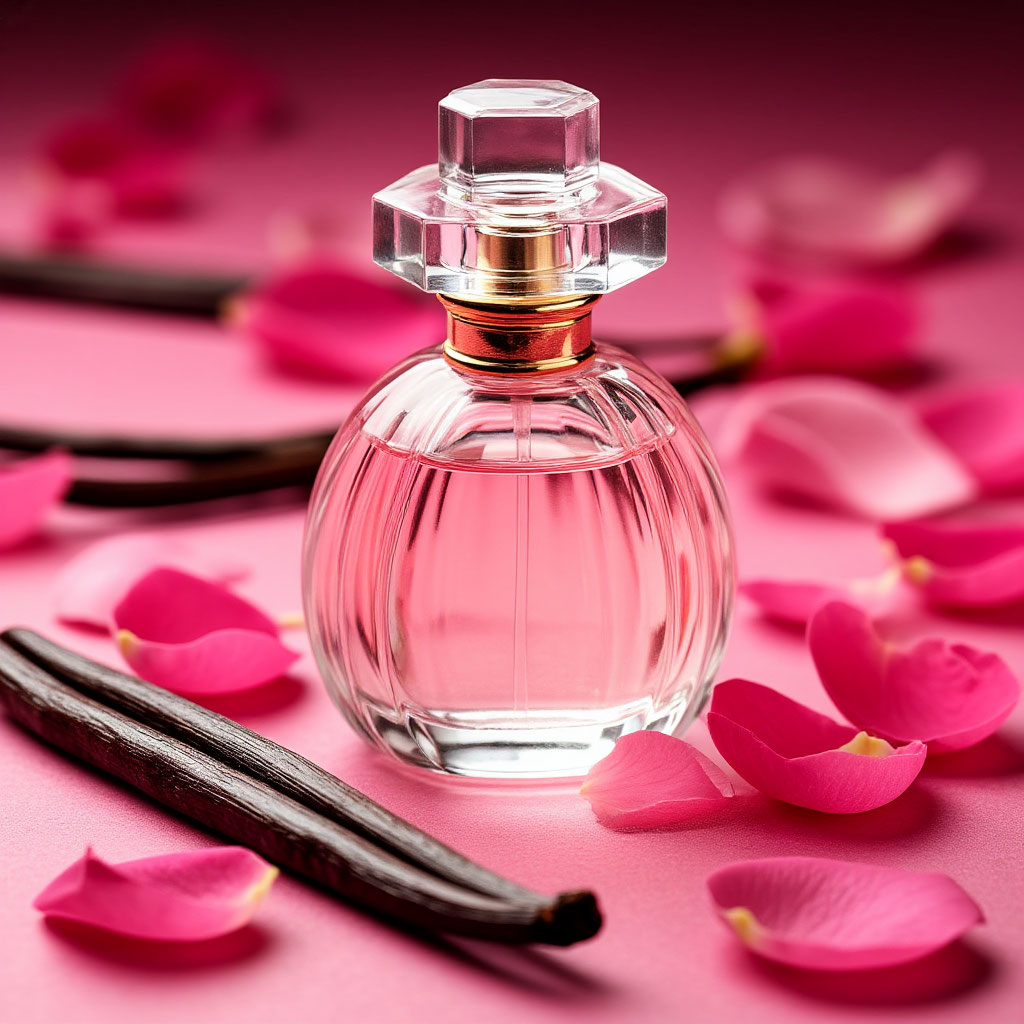
How do I use this knowledge?
Understanding the relationship between temperament and fragrance helps you not only get to know yourself better, but also consciously choose a perfume. What do spirits say about a person? They can either emphasize natural features or gently adjust them. For example, if you want to add confidence, you can try woody notes, even if floral preferences usually prevail. The main thing is that the smell remains a reflection of the inner world, and not a mask.
Which Perfume Leaders choose: Strength of character through Fragrance
The world is divided into those who follow the crowd and those who lead. What do spirits say about a person who occupies a leadership position? Their choice is always conscious, thoughtful and not accidental. The scents of real CEOs don’t just complement the image — they become part of a personal brand, a silent statement of status and character.

Psychology of smell leaders: why do woody notes prevail?
Real managers subconsciously choose a perfume with deep base notes. Components that create a sense of reliability and stability:
- sandalwood,
- patchouli,
- vetiver.
The character of the fragrance is clearly traced: the more complex and multi-layered the composition, the more multifaceted the personality. Such smells are not just pleasant — they work on the image, creating associations with competence and authority.
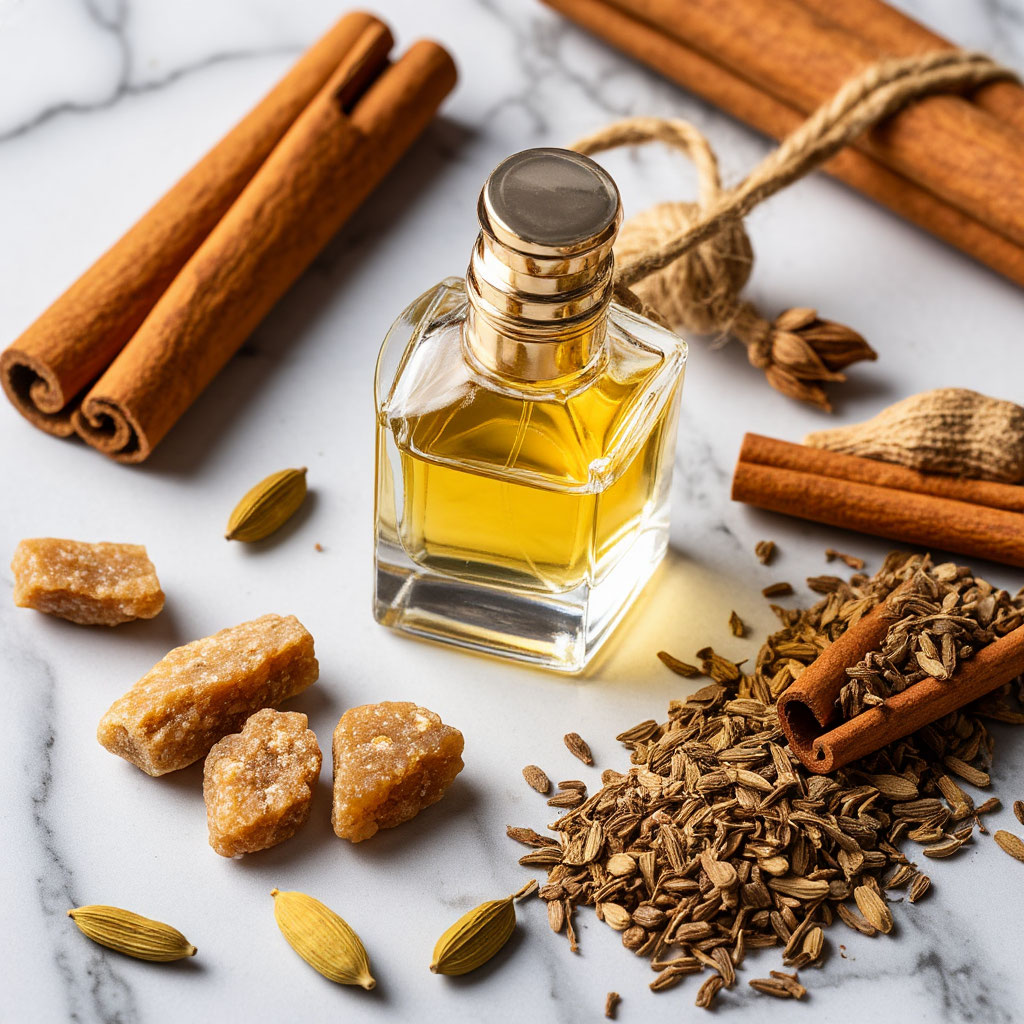
Oriental and leather chords: the hidden meaning of choice
Leaders often prefer rich oriental compositions with notes of frankincense, myrrh or amber. These meanings of scents are rooted in ancient traditions, where similar scents were used in rituals of power. Leather chords in perfumery are another marker of a strong personality, symbolizing determination and readiness for action.
How does the intensity of a fragrance affect perception?
Confident people rarely choose subtle floral notes. Their choice of perfume usually falls on rich, long-playing compositions with a good projection. This is not a matter of taste, but of strategy. This fragrance is impossible to ignore, it is remembered and creates the right impression even before the dialogue starts.
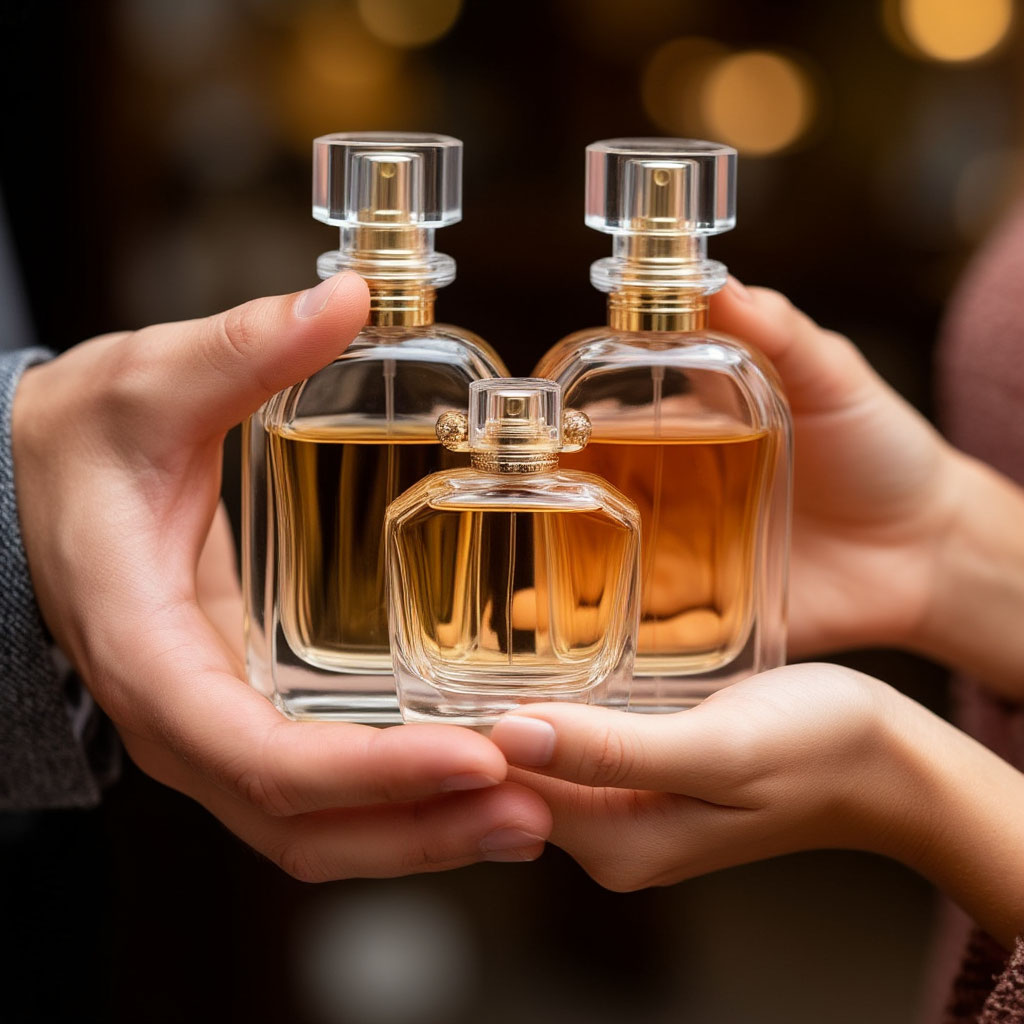
Unisex Perfume: Blurring the boundaries in fragrance culture
Modern leaders are increasingly rejecting gender stereotypes in perfumery. Their psychology of smell is based on the principles of universality-woody-spicy, tobacco-leather compositions work equally well for both men and women. This approach demonstrates the flexibility of thinking and the ability to go beyond conventions.
How do leaders use multiple flavors?
True managers understand that one perfume can’t work in all situations:
- business negotiations require restrained woody notes;
- creative brainstorming sessions — invigorating citrus accents;
- evening events — luxury oriental trains.
What does perfume say about a person who changes scents? That he is able to adapt to circumstances, while maintaining his individuality.
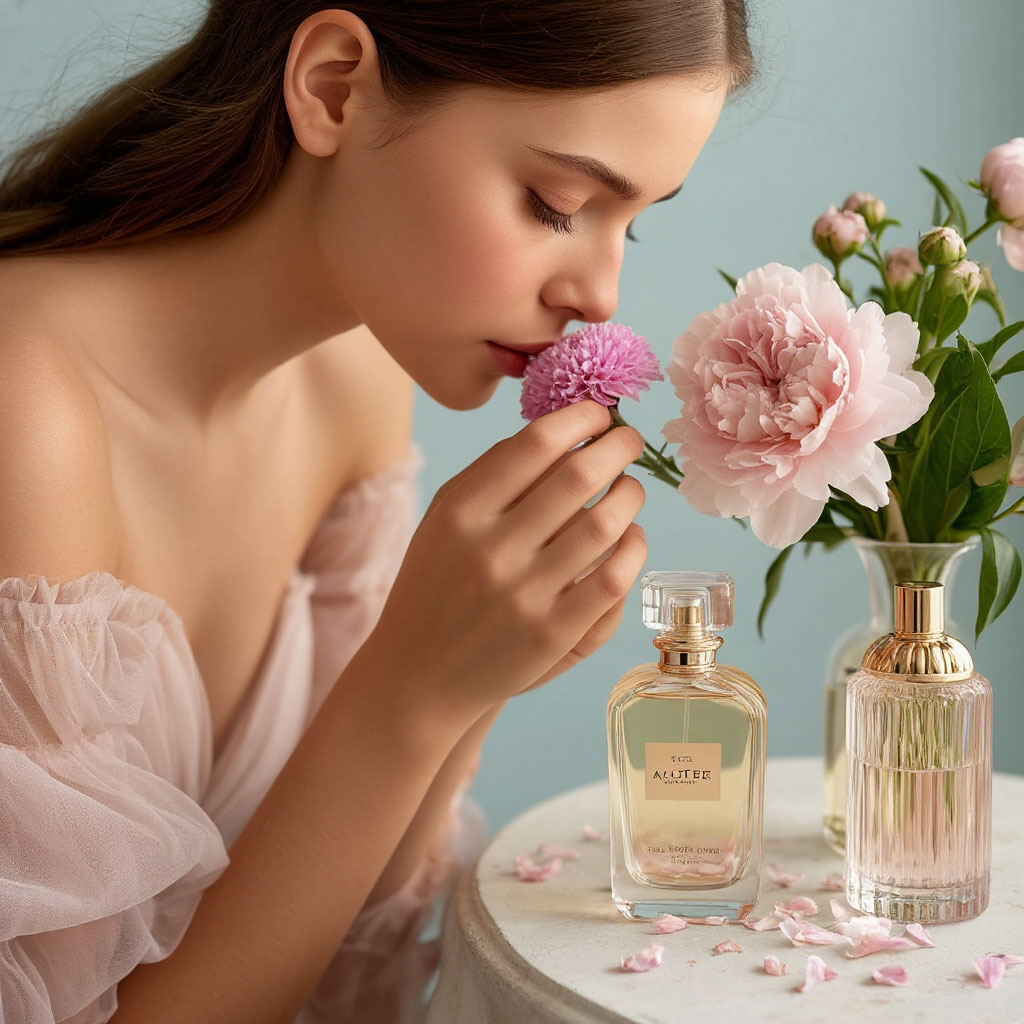
What romantics wear: the language of flowers in perfume compositions
What do perfume say about a person with a romantic disposition? Their choice of perfume is reminiscent of a love letter written with floral chords and sweet notes. Unlike pragmatic leaders who prefer powerful woody compositions, dreamers surround themselves with gentle, enveloping scents that become an extension of their emotional world.
Psychology of smell: why do romantics choose floral compositions?
Floral notes in perfumery are always a story about sensuality and openness to the world. Components that reveal the character of the fragrance, showing a penchant for aesthetics and subtle experiences:
- jasmine,
- rose,
- peony.
Such people perceive smells not just as an accessory, but as a way to express their inner state. Their choice of perfume is always emotional, intuitive and often associated with pleasant memories.
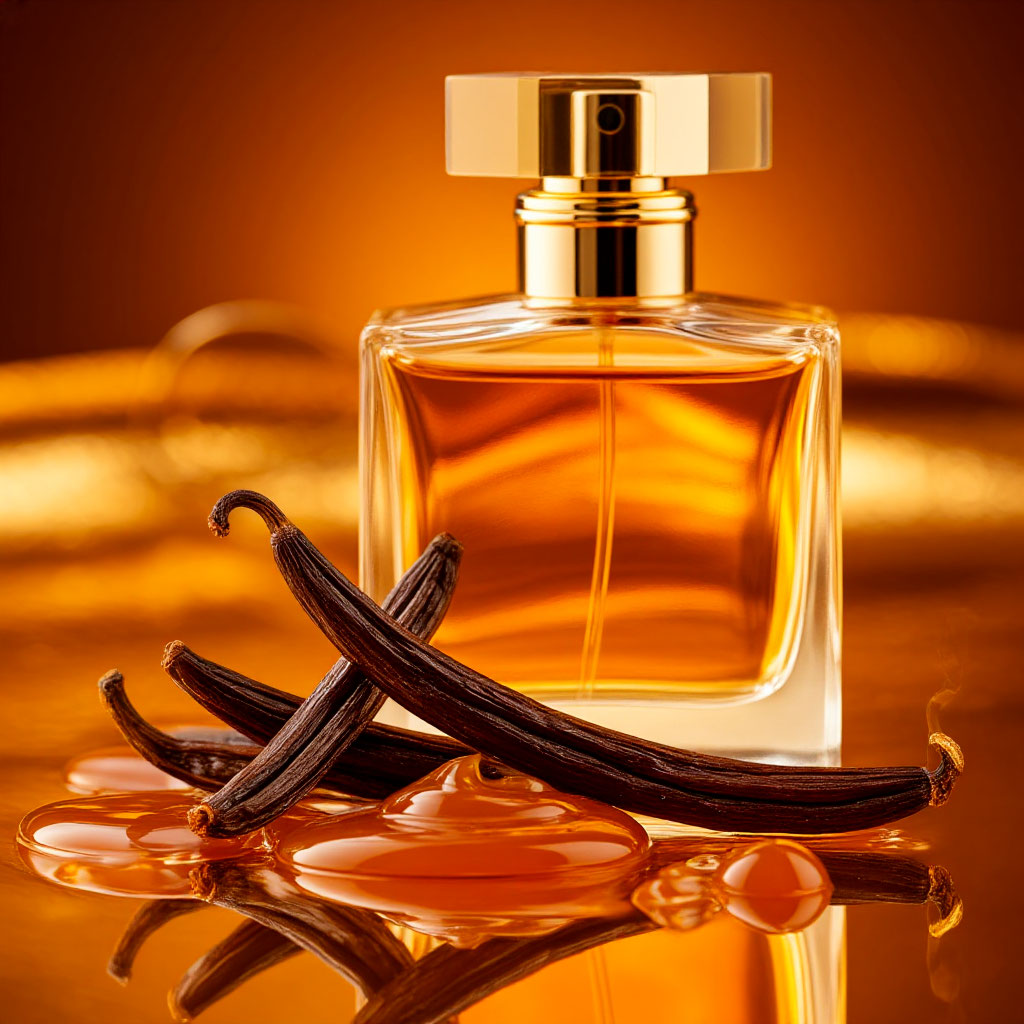
Sweet chords: a gastronomic metaphor for tenderness
Vanilla, caramel, praline-these fragrance notes in perfumery especially attract sentimental and soulful natures. The meaning of aromas with gourmet accents reveals the need for comfort and warmth of the soul. Subconsciously, such compositions are associated with childhood, safety and a moment of happiness, which makes them especially valuable for emotional people.
Fruit nuances: play and ease of being
Peach, pear, red berries — these juicy notes are often found in the perfume preferences of cheerful romantics. Unlike deep oriental or heavy woody notes, fruit motifs convey what perfume says about a person — the ability to enjoy small things and maintain a light attitude to life. These scents are chosen by those who know how to find magic in the ordinary.
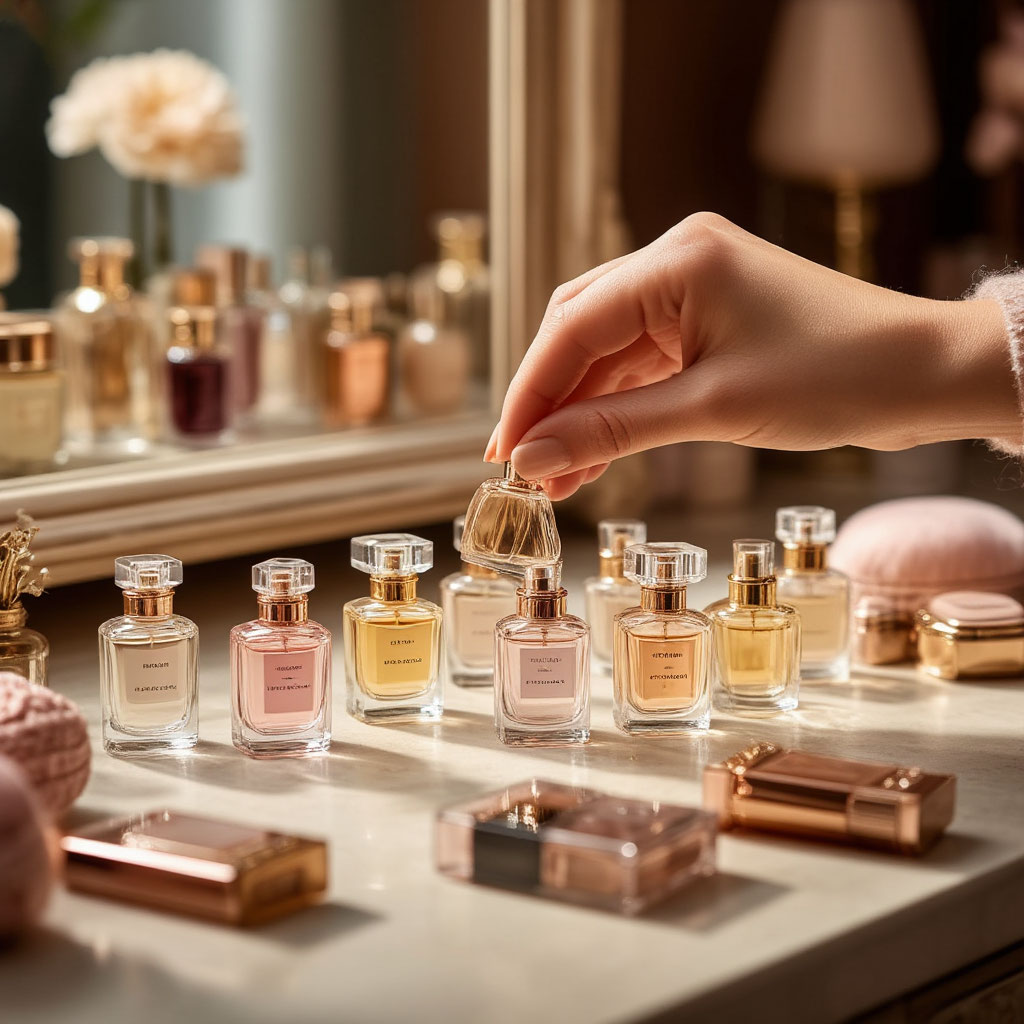
Spring and watercolor motifs in perfumery
Delicate lily-of-the-valley, lilac-violet compositions are especially close to subtle natures. These psychology of smell explains as the desire for purity and sincerity of experiences.
Airy, almost transparent scents become a metaphor for the spiritual organization of such people — they do not tolerate falseness and heaviness, both in relationships and in perfume compositions.
How do romantics combine fragrance with mood?
Sensitive people often change their perfume depending on their emotional state. Today it can be a playful floral-fruit cocktail, tomorrow-a melancholic violet-iris duet. Their choice of perfume always reflects the internal weather, turning into a kind of diary of experiences. This is the main difference from the conservative preferences of other psychotypes.
Smells and emotions: how scents control our mood
What do spirits say about a person when it comes to their emotional state? Aromas have an amazing ability to influence the psychological mood. This phenomenon is explained by the psychology of smell, which studies the connections between the sense of smell and the limbic system of the brain.

How specific notes affect emotions:
- Citrus notes (lemon, bergamot, grapefruit) – give energy and increase concentration.
- Flower arrangements (jasmine, rose, lavender) — create a romantic mood.
- Woody notes (sandalwood, cedar, patchouli) — evoke a sense of security.
- Vanilla and sweet accents are associated with comfort and coziness.
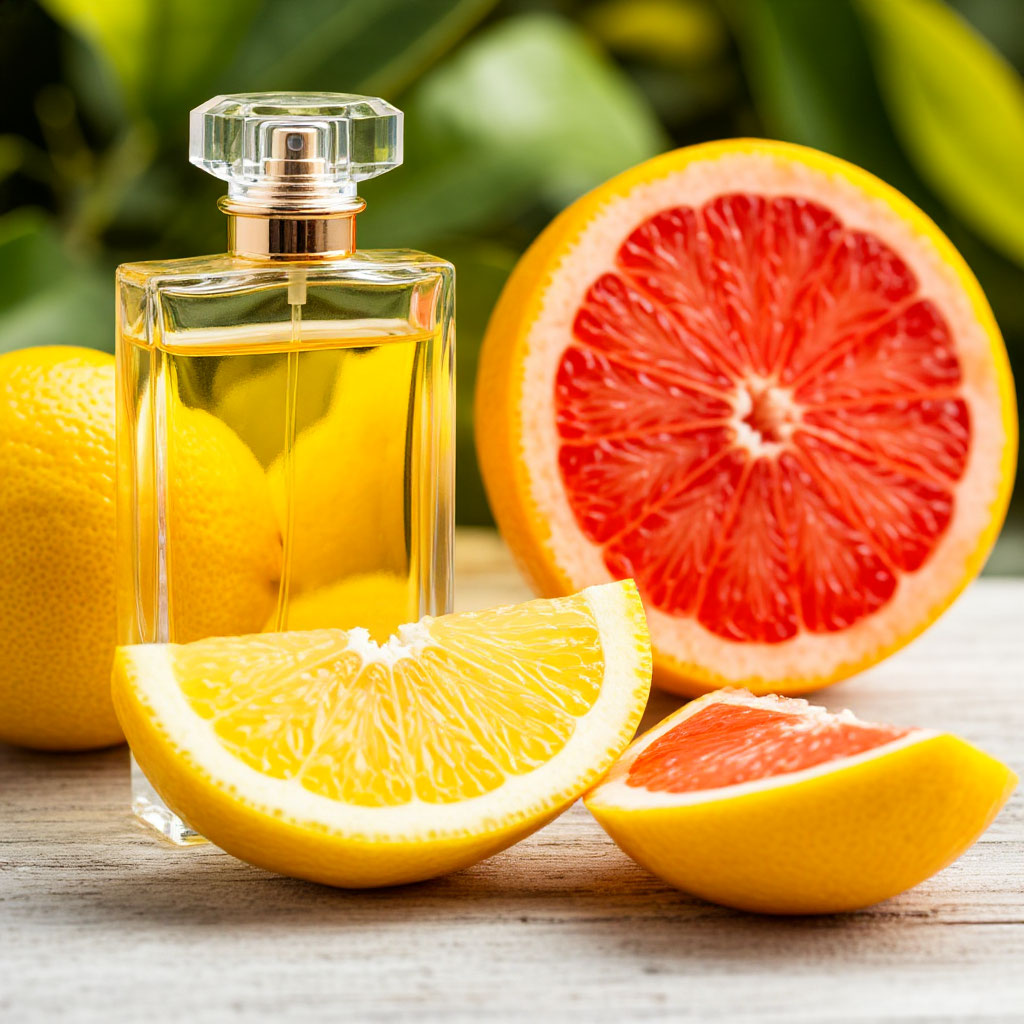
Emotional anchors: Why do smells evoke memories?
The sense of smell is directly connected to the hippocampus, which stores our memories. The importance of scents as emotional triggers cannot be overemphasized. One breath of a familiar perfume can instantly transport you to the past.
Seasonal aromatic metamorphoses
In winter, people instinctively gravitate to warm spicy compositions, in summer-to fresh citrus notes. What does perfume say about a person who changes perfume according to the seasons? This indicates sensitivity to natural rhythms.
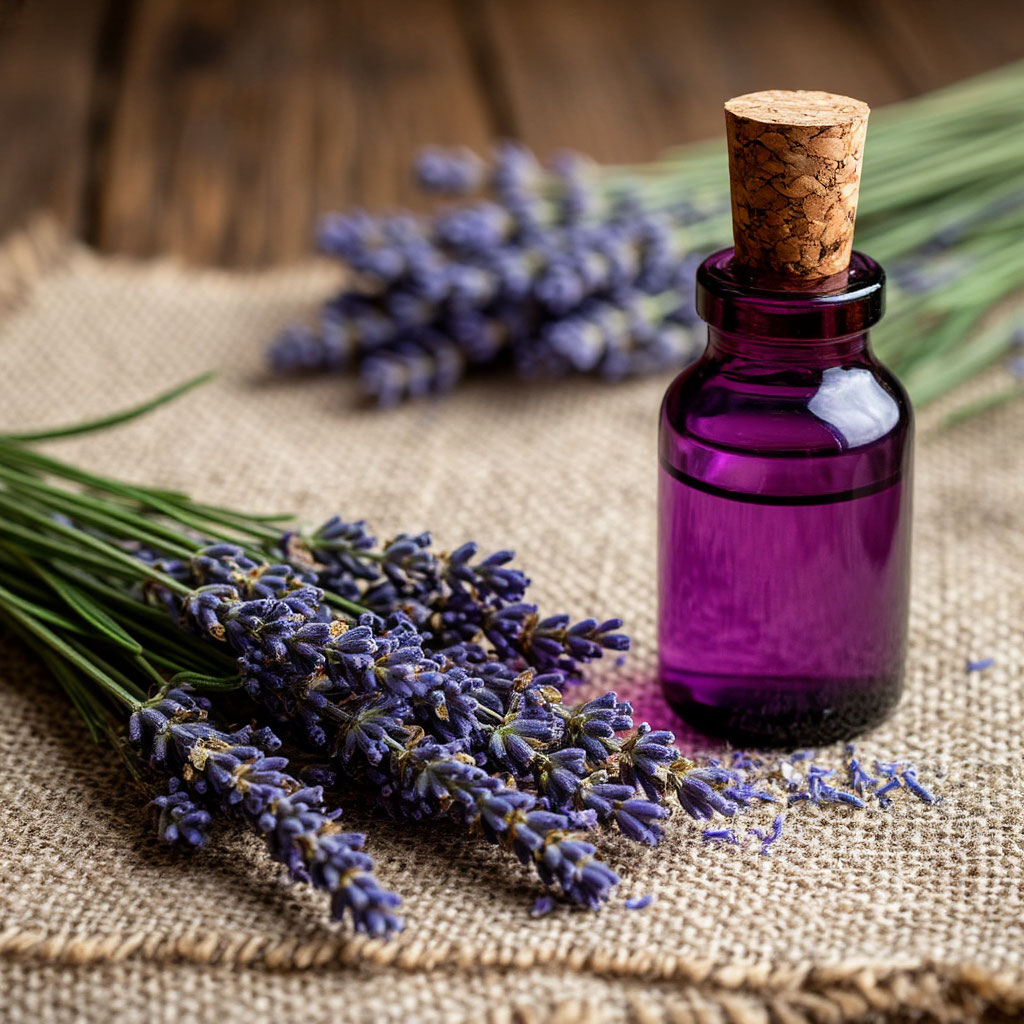
How do scents shape your first impression?
Smell affects the subconscious perception of the individual. The psychology of smell explains this phenomenon by evolutionary mechanisms: our ancestors evaluated safety by olfactory signals.
Creative people use perfume as a way to visualize their inner world. Their choice of perfume can change daily. Pragmatists prefer consistency, finding solace in proven flavors.
How to Choose the Right Fragrance: A Guide to Self-Discovery through Perfumery
What does perfume say about a person who has found the perfect fragrance? This indicates a deep self-understanding and harmony with one’s own nature. The process of finding the right perfume turns into a fascinating journey of self-discovery, where each note becomes a clue to the identity.
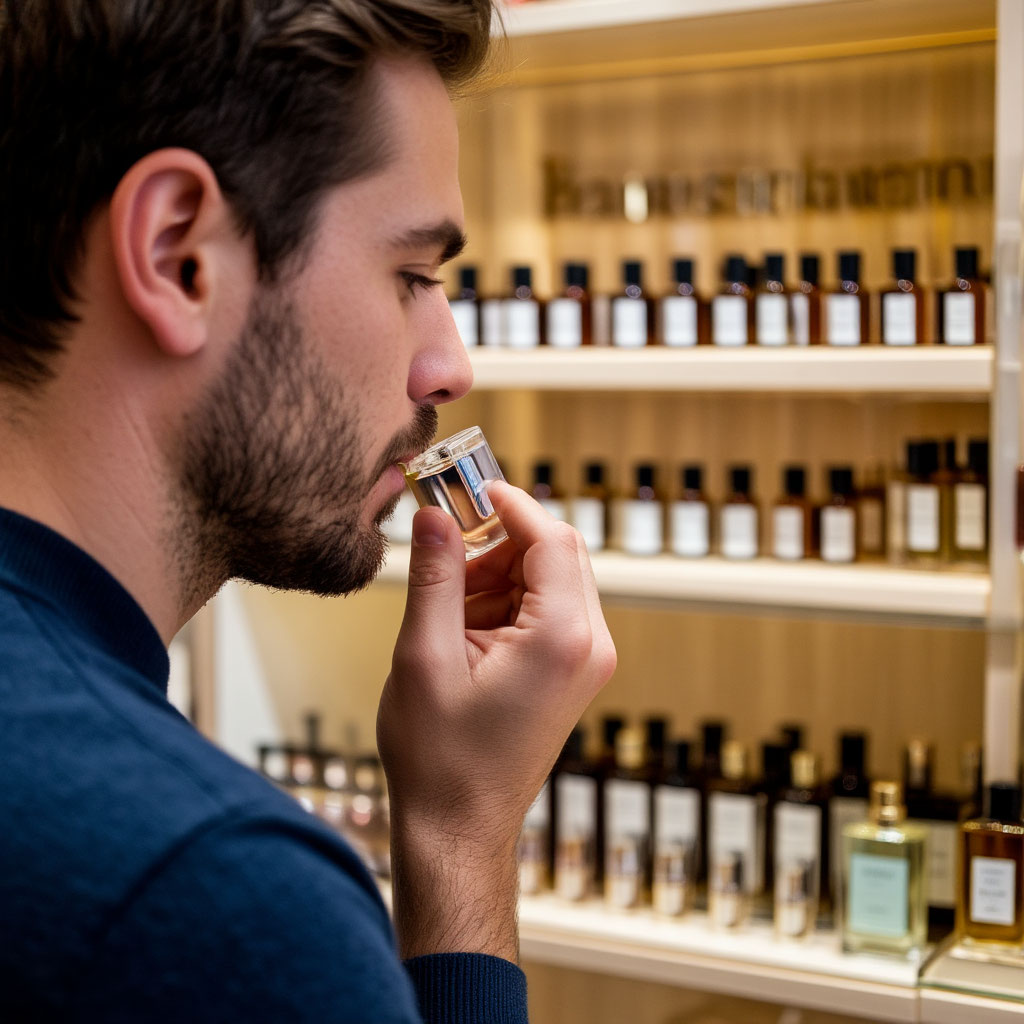
You should start with a simple observation. What smells in everyday life cause an involuntary response? A love of coniferous forest or sea breezes can point you in the right direction for choosing a perfume. The psychology of smell says that our natural affinity for certain scents reveals our deepest character traits.
Temperament Test: a scientific approach to selection
Modern perfume houses develop special techniques to help determine the character of the fragrance. These systems analyze not only olfactory preferences, but also:
- behavior features;
- lifestyle;
- your profession.
The result is a personalized selection of compositions that best match your personality.
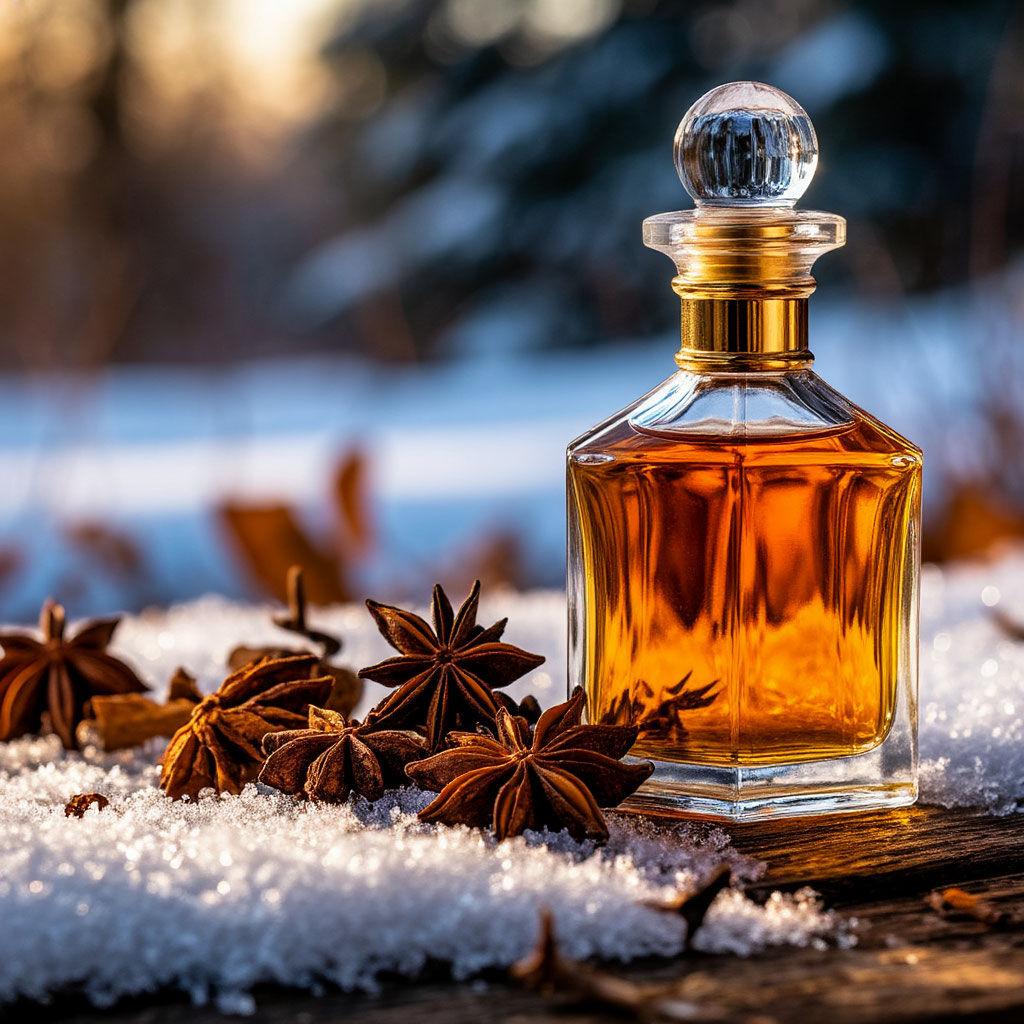
Seasonal factor: Why context matters
Winter frosts require warm spicy notes, summer heat-fresh watery chords. The meaning of aromas varies depending on the time of year and climatic conditions. Taking these nuances into account will help you create a harmonious image, where perfume becomes an organic part of it.
Age-related metamorphosis of tastes
Over the years, olfactory preferences naturally transform. Youth often chooses light fruit compositions, maturity-complex multi-faceted bouquets. What does perfume say about a person changing their perfume preferences? This reflects the natural process of personal growth and changing values.
Testing rules: how do you know that the fragrance is ‘yours’?
The real introduction to perfume begins only a few hours after application. The top notes are deceptive — the true character of the fragrance is revealed in the heart and base notes. It is worth wearing the probe at least a day to feel how the composition interacts with the individual chemical composition of the skin.
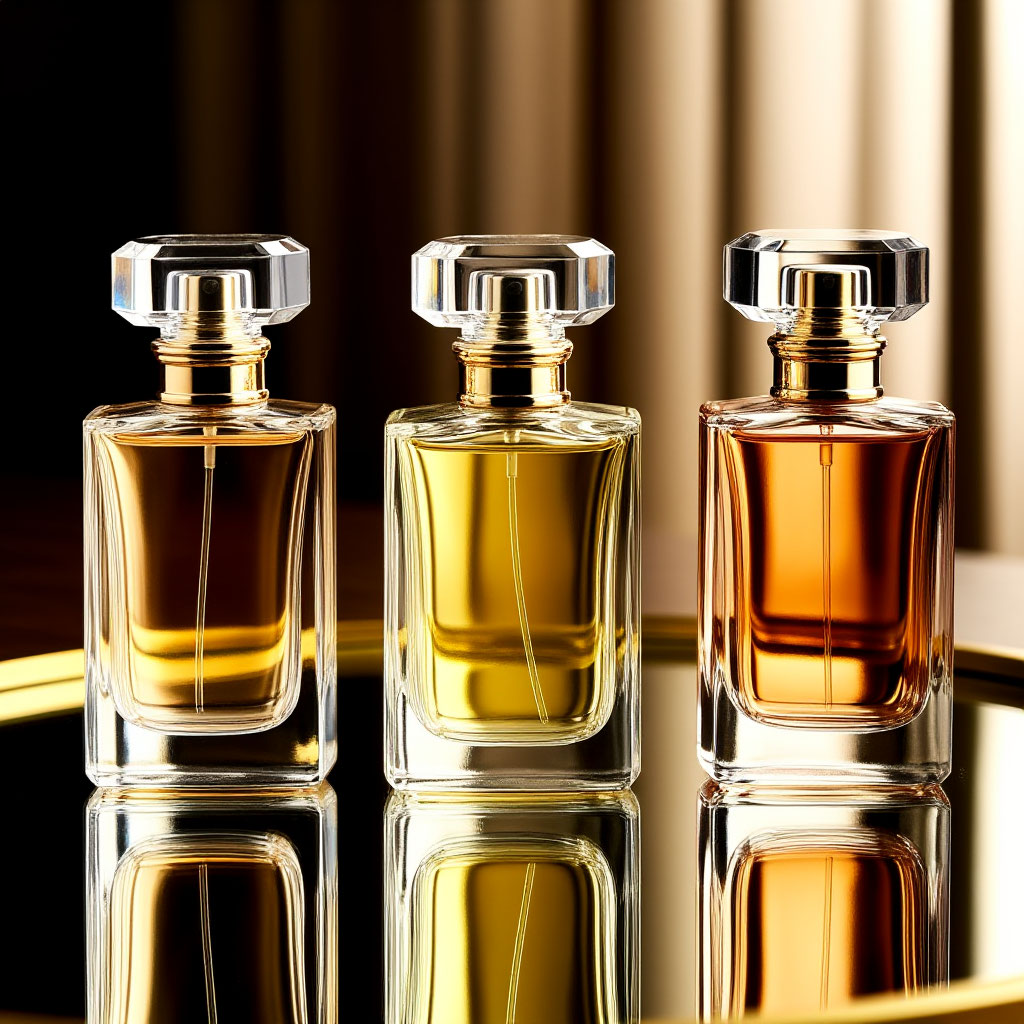
Creating a perfume capsule: an arsenal for different moods
The perfect perfume wardrobe includes several options for different situations:
- Easy day compositions for work.
- Sensual evening scents for special occasions.
- Versatile options for everyday use.
The psychology of smell recommends having 3-5 different bottles covering all life scenarios.
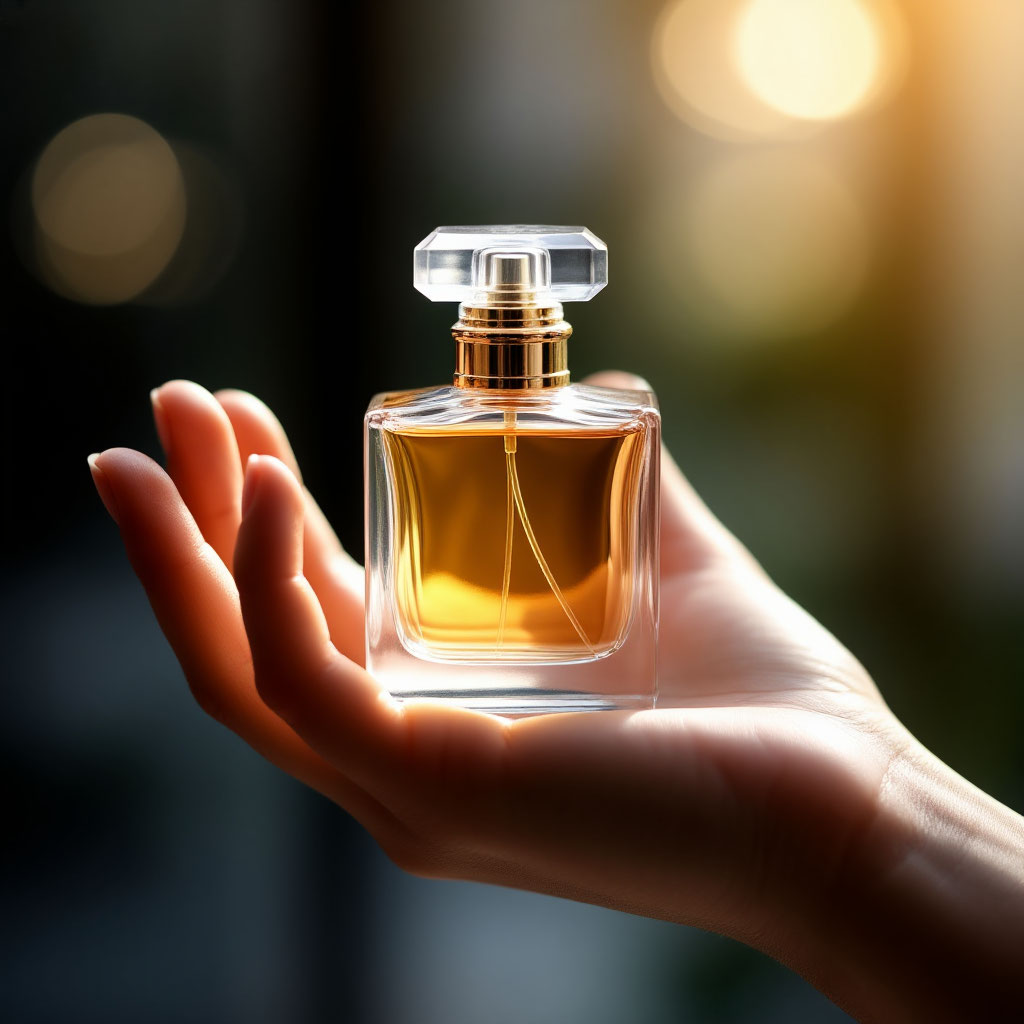
The choice of perfume is not just an aesthetic preference, but a mute language of the individual. What do spirits say about a person? They reveal their temperament, emotional background, life priorities, and subconscious desires.
From the rich woody notes of the leaders to the delicate floral chords of the romantics, the character of the fragrance is read as clearly as the handwriting or manner of speech. The psychology of smell confirms that perfume becomes an extension of our ‘I’, influencing not only others, but also our own perception of ourselves.
How do I find the right fragrance? Listen to yourself. Experiment. Notice what smells resonate with the internal state. Choosing a perfume is always a dialogue with your own personality.
Let your fragrance be not just a fashion accessory, but a sincere reflection of your personality. After all, the best perfumes are those in which you feel like yourself.
Build a tiny, expressive wardrobe — a fresh daily driver, a professional anchor, and an evening signature — and learn to test for the dry-down that feels like you.
Download the brochure (PDF): Beauty Club — Fragrance & Personality


